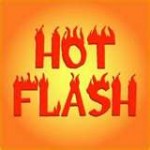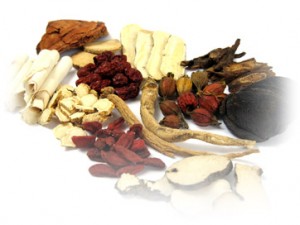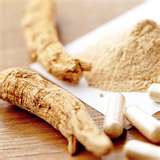 A very important study was just released from Harvard School of Public Health by the National Institute of Health. This study on women’s health confirmed that combination hormone therapy used commonly for symptoms due to menopause increases a woman’s risk for heart disease.
A very important study was just released from Harvard School of Public Health by the National Institute of Health. This study on women’s health confirmed that combination hormone therapy used commonly for symptoms due to menopause increases a woman’s risk for heart disease.Harvard Says Menopause Hormone Therapy Carries Proven Heart Risks
 A very important study was just released from Harvard School of Public Health by the National Institute of Health. This study on women’s health confirmed that combination hormone therapy used commonly for symptoms due to menopause increases a woman’s risk for heart disease.
A very important study was just released from Harvard School of Public Health by the National Institute of Health. This study on women’s health confirmed that combination hormone therapy used commonly for symptoms due to menopause increases a woman’s risk for heart disease.
 Another day and another friend/mother/sister/daughter diagnosed with breast cancer. Today breast cancer is affecting one in every eight women sometime during their lifetime in the USA, Europe and the UK. Looking around at my friends, family and extended family we need no reminders of the impact of these statistics. But there is good news, actually GREAT news– medical researchers at the Institute of Molecular Biotechnology (IMBA) of the Austrian Academy of Sciences in Vienna identified a key protein that triggers breast cancer and in December 2012 received a grant of $7.4 million from the USA Congressionally Directed Medical Research Program for ongoing research.
Another day and another friend/mother/sister/daughter diagnosed with breast cancer. Today breast cancer is affecting one in every eight women sometime during their lifetime in the USA, Europe and the UK. Looking around at my friends, family and extended family we need no reminders of the impact of these statistics. But there is good news, actually GREAT news– medical researchers at the Institute of Molecular Biotechnology (IMBA) of the Austrian Academy of Sciences in Vienna identified a key protein that triggers breast cancer and in December 2012 received a grant of $7.4 million from the USA Congressionally Directed Medical Research Program for ongoing research.




 One of the funniest Dr. Oz Shows I ever saw was his show about a new miracle energy drink. Last season on a Dr. Oz show, the audience was given a new energy shot before the show and then asked if they could feel it working at the beginning of the show. Many audience members volunteered to share how they felt after drinking this "miracle" drink, and many said they felt more energetic and really liked how it was working.
One of the funniest Dr. Oz Shows I ever saw was his show about a new miracle energy drink. Last season on a Dr. Oz show, the audience was given a new energy shot before the show and then asked if they could feel it working at the beginning of the show. Many audience members volunteered to share how they felt after drinking this "miracle" drink, and many said they felt more energetic and really liked how it was working. 